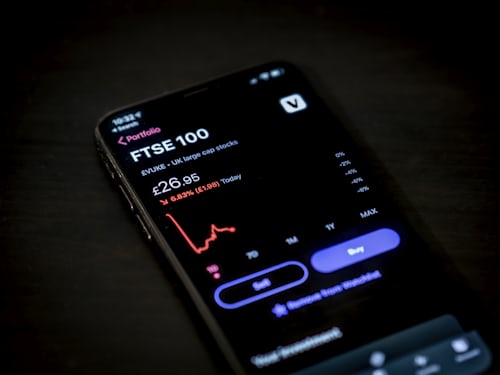- Home
- ABOUT US
- PRODUCTS
- PROJECTS
- GALLERY
- SERVICES
- BLOG
Private investors can also access some of the possibilities of options contracts through warrants or CFDs in https://exness-ch.club/. Warrants are bearer bonds whose pricing is modelled on that of a classic option and can be traded both on-exchange (e.g. EUWAX) and off-exchange (issuer trading). Relatively new is the exclusively off-exchange trading of digital options.
Options trading on the EUREX
On EUREX, options are traded on shares, indices, currencies,. commodities and more. Like futures contracts, options contracts are standardised. EUREX determines the contract specifications as well as the margin requirements. The contract specifications regulate, among other things, the contract size, term, final settlement, delivery claims and exercise prices. An excerpt from the EUREX Contract Specifications for the contract size of index options and at the same time an overview of the indices offered.
The contract specifications regulate the cash settlement for options expiring in the money:
"The purchaser of a call option has the right to demand a payment equal to the difference between the exercise price of the option and a higher final settlement price (Chapter II subsection 3.4.3of the Clearing Conditions for Eurex Clearing AG) of the option series (cash settlement)".
The range of maturities is remarkable, ranging from five weeks to nine years and eleven months. The contract specifications assign each underlying to a maturity group. For each maturity group, maturity intervals are defined based on the calendar. For example, for the 60-month maturity group:
"60 months: up to and including the next, the second and the third succeeding expiration days as well as up to and including the three succeeding quarterly expiration days (March, June, September, December) and up to and including the four succeeding half-year expiration days (June, December) as well as the next two succeeding annual expiration days (December)".
The possible exercise prices of the option series are also specified in the contract specifications, visibly leaving room for adjustment to market conditions:
"Option series of options contracts on the DAXand SMI may have exercise prices with price gradations of 50 points for terms of up to twelve months, 100 points for terms of 13 to 24 months or 200 points for terms of more than 24 months."
As well as further:
"Upon the introduction of the options contracts, at least seven exercise prices shall be available for trading for each call and put for each maturity with terms of up to 24 months. Thereof, three strike prices are in-the-money, one strike price is at-the-money and three strike prices are out-of-the-money."
EUREX publishes its contract specifications on the Internet and updates or changes them from time to time.
Warrants and digital options
Warrants are options securitised as securities. From a legal point of view, they are bearer bonds. The holder's repayment claims mirror the way options work: if a warrant expires in the money, the holder is entitled to the exercise right or a cash settlement.
Warrants are issued by banks and traded on and off the exchange. The market offers a broad spectrum of underlyings, maturities and exercise prices that is in no way inferior to that of the EUREX. Unlike in futures trading, however, the margin principle does not play a role: buyers of warrants must pay the full market price derived from the usual valuation criteria. In addition to transaction costs, a larger spread is incurred, especially in off-exchange trading.
The biggest restriction in practice concerns the possibility of short positions: At best, these could be realised through the short sale of warrants, which banks, however, do not permit. Warrants with the profile of a short position are impracticable simply because of the collateral to be taken into account. The term "short" is therefore mainly used for put options in connection with warrants.



